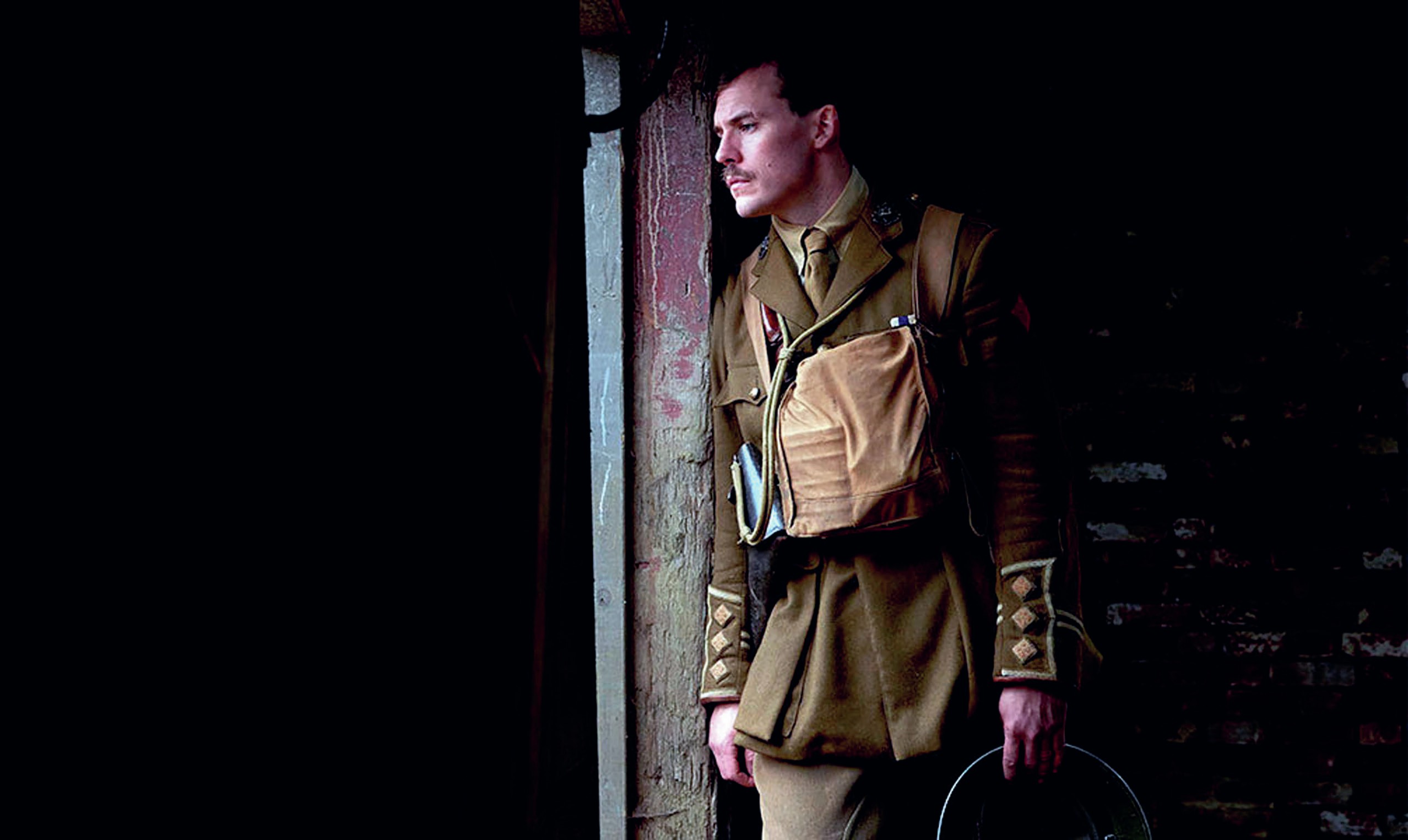
AQA (A): Paper 2 World War I and its aftermath’
If you had read The Times newspaper one week after the First World War had ended, you would have found an intriguing article called ‘Peace and the Theatre: The Outlook for the Future’ (18 November 1918). The article praises theatres for their hard work during the war. Readers are told that theatre has ‘done its duty to the public’ in three key ways: sending actors to fight in the army, raising money for charitable causes, and keeping up the morale of the nation. In acknowledging the wartime efforts of theatres, The Times was voicing popular opinion. Throughout and immediately following the Great War, theatres were widely praised for their patriotic efforts.
Your organisation does not have access to this article.
Sign up today to give your students the edge they need to achieve their best grades with subject expertise
Subscribe




